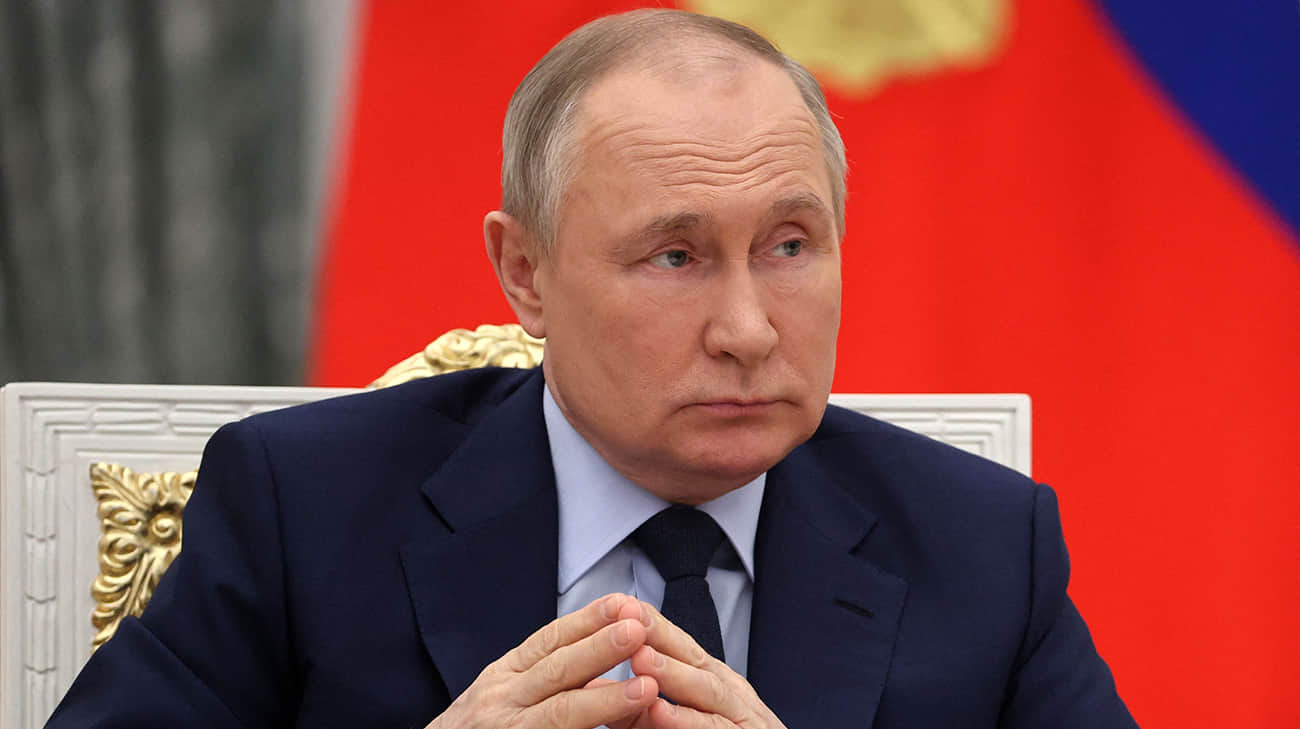« The problem is that the entire cities live from the drive »: How will the collapse of European autoindrey affect Serbia? – Economy

One side of a foreign company that came to Serbia to produce parts for cars for the last year, two reduces production or even plans to leave.
The last news he posted today is that German Autocomponent Drekslmajer After 18 years in Serbia, he plans to close the factory next year due to the lack of orders.
It is not the new news that the AutoIndustry in Europe in the deep crisis, primarily, due to the loss of the price war with Chinese producers, and alone in such a low demand, especially when it comes to electric cars.
The data show that in 2024 years, in the EU registration of new cars increased For only 0.8 percent.
Spain showed a kind of resilience with a solid growth rate of 7.1 percent, but the decline was recorded in France of 3.2 percent, Germany of one percent and Italy of 0.5 percent.
If we look at the data for December, we see that the registration of electric cars fell by 10.2 percent, and that decline led the decline in registration in Germany of as much as 38.7 percent and France of 20.7 percent.
The crisis in Europe, they could also make it difficult for customs and customs president of the United States Donald Tramp announced. Namely, the United States introduces customs duties of 25 percent to the import of cars from the European Union (EU), which will further guess at the automotive industry of the Old Continent.
Economists predict that these measures could increase the prices of cars in the American market, and therefore reduce demand. Further, this would achieve a negative impact on the manufacturer's business in Europe.
The crisis, with a slight delay, spilled on Serbia in which a large number of companies within the Autoindustry are doing, but mostly for the production of components.
If we look at some more data, we see that the autoindustry in the EU employs about 13.2 million people. In Serbia, according to the latest available data, this industry employed somewhere around 100,000 people.
An issue that takes care of all those who work in this industry is what fate awaits them and how deeply the crisis will be deepened.
Professor at the Faculty of Economics in Belgrade, Dušan Marković confirms that at the end of 2023. About 150 companies in Serbia were within this industry, which is not a small uncertainty when it comes to job preservation.
It explains that Europe is in a serious economic problem, but that there are several factors for that.
« One factor is politically, where outside Europe, China and the USA take over the primacy. Another thing is that in the autodystria insisted on the standards that domestic producers could not send, « he points out.
What is dangerous for us, as it adds, is that we are still dominantly directed to Europe.
« With them, the sale rose slightly last year, with a high level of uncertainty how they will move on. We felt that wave of crisis with delay, because it followed them more than a year ago, and we spilled now, « Markovic explains in us.
He warns that, if the situation will continue on the same course, there must be more closes.
« There is a problem that entire cities in Serbia depend on some plants, » our interlocutor said.
It reveals that some Chinese suppliers and Chinese companies that will buy and drives in Serbia will be caused by individual Chinese suppliers and Chinese companies.
« China, as far as promising, is geographically far and is a market where they already have domestic players who are extremely effective and can provide large quantities. That is why they do not have such a motive, as Europe had, to relocate production in us, « our interlocutor believes.
As an eventual second possibility, Markovic sees that people try to find jobs in other industries.
« What has maintained us and we still keep us that we are a cheaper location and we are more productive. We are not only a 'cheap' labor force, but our facilities are one of the most productive in the auto-industrial. However, when there is no demand, then everything else is problematic and any manager cannot solve this without reducing activities, « he points out.
When we talk about American customs customs Europe, Markovic states that it is a great unknown like the effect of that.
« It's not just about customs on the final cars, but it's a question and how Trimp announced the introduction of customs to steel, aluminum … it is not known in which direction the market will move, » he said.
As for the drives that work in us, Markovic reminds that they usually have no autonomy.
« These are production facilities with the idea of being cost centers and they have no influence. This further makes it difficult for the position, as management cannot influence the control panel. Their negotiated poisition is quite weak, « he points out.
Markovic warns that because of everything, there will be no surprise if there is still a cancellation and extinguishing the plant.
Neither professor at the Faculty of Economics, Finance and Administration Goran Radosavljević is not optimistic when it comes to this topic.
He claims that the AutoIndustry in Europe is at risk, because it is not successful, for several years, to manage in the new distribution in the world of this industry.
« We cannot influence this to me and we will definitely close us, first closing jobs on the sidelines of that industry, ie those who are less important, which are later open in non-EU countries, » explains Radosavljevic.
Many economists have long been criticizing the growth model that Serbia chose, and is our interlocutor among them.
« Our growth model is based on attracting foreign direct investment in sectors that employ 'cheap' workforce and concerning manual work, which are at a lower level in the value of value or phases and not highly tech, and we give huge subsidies for this. It simply has some of his end and to him was obviously « , warns Radosavljevic.
He states that there are more « cheap » labor, nor does he have workforce in Serbia.
« We have a situation that unemployment has been falling for some time, and employment stagnates. We started importing workforce, and certain occupations can no longer find themselves, « our interlocutor explains.
When this industry began to move to Serbia, we had an average salary of about 300 euros, reminds Radosavljević.
« She now went to 700 or 800 euros, which is good, but just that industry that came here for 'cheap' labor force will no longer stay here. We, in the meantime, we failed to baptize and make some other economic model. We continued with the dissipation of budget vapors and bringing industries that deal with the winding of cables. Even in the IT segment, which is highly technologically, we have failed to attract high-tech companies, but those that in that sector 'encounter cables', he indicates.
Radosavljevic concludes that we have a « double bad situation » to me.
« One crisis of the Autoindustria and other industries in Europe, because growth projections in Europe are very small, and we are related to the European market and our largest investors are from EU countries. Another thing is that our economic model is incorrect and we have not dealt with it since we set it 20 years ago, and high subsidies no longer bring so much job creation, « he explains.
Our interlocutor says it can be seen through foreign direct investment.
« Foreign investments and come and go. The data show that the previous years of the net foreign direct investment are falling. Although we used to have an average net investment that were a billion to two, they fell to 280 to 300 million last year and I expect that for the first time, we have negative net investments, « warns Radosavljevic.
In that sense, as he says, we have turned the economic model from Civda to « consume the state as much as possible. »
« And the state began abnormally to spend, to invest and borrow. This would be good that these projects are productive, in high technology sectors, but these are basic infrastructure projects. Most of these projects, except for the current value added, due to the construction itself, will not bring any added value in the future. There I think of the national stadium, expo and other, « Radosavljevic concludes.
Both the author and the editor of the emission « hot tires » Lidija Piroski for today indicates that the situation with the closure of « Dreeklmajer » is in Zrenjanin alarming signal.
« It is a clear indicator of the problems we face considering incredibly fast changes in this industry in the world, especially in Europe. The traditional automotive industry that employs millions of workers, disappears. In Asia, workers replace the Robbitized Drives. Those who are not losing in the field of productivity, « she explains.
Pyropeans warns that our workers and companies engaged in the production of components for the automotive industry are in an extremely unenviable position.
« The crisis in Europe, caused by various factors such as energy prices and supply chain disorders, are directly affected by the creation decision to close the plant, it has a domino effect on the entire network of suppliers and cooperation », emphasizes our interlocutor.
Cancellations and job loss are inevitable, she is considered.
« Unfortunately, the future of many workers in the automotive industry is uncertain. Many will face the loss of work and difficulties in finding new jobs in the same area. This especially affects those who specialize in certain jobs in the production of car parts, « Piroski concludes.
Follow us on our Facebook and Instagram page, but also on X account. Subscribe to PDF List release today.








